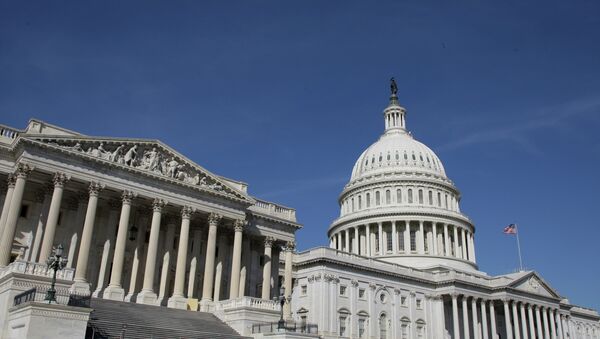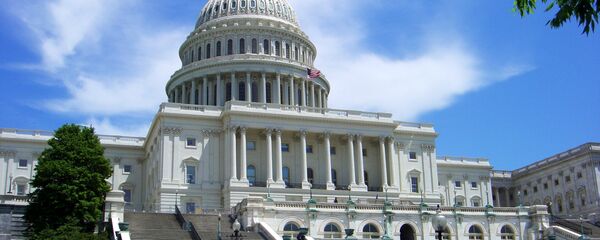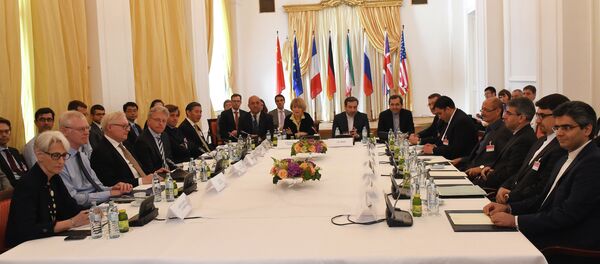"We believe that the Joint Comprehensive Plan of Action that the United States and our P5+1 partners negotiated with the government of Iran is the most viable means to prevent Iran from acquiring a nuclear weapon and protect the security of the United States, Israel and other allies,” the former lawmakers said in a letter obtained by The Hill news outlet.
The formers lawmakers admitted that supporting the deal would “not come without risks,” but that those would need to be weighed against the “grave risks that would be incurred” by rejecting the deal.
The risks entailed in rejecting the deal include the unraveling of international sanctions, suspension of international nuclear inspections, as well as the likelihood of military confrontation and an Iranian government “unconstrained in developing its nuclear program,” the former lawmakers said.
Ahead of the September 17 deadline for a vote, the Obama administration has been lobbying Congress and key constituencies such as American Jewish community to support the deal despite opposition from Israel and some American Jewish lobby groups.
According to a Bipartisan Policy Center tally, 31 members of the US Senate support the deal, while 31 oppose it and 38 are still undeclared. In the House, 81 lawmakers have come out in support of the deal, while some 227 are opposed and 126 are undeclared.
The Obama administration has expressed confidence that they can gather enough votes to pass the deal through Congress.




